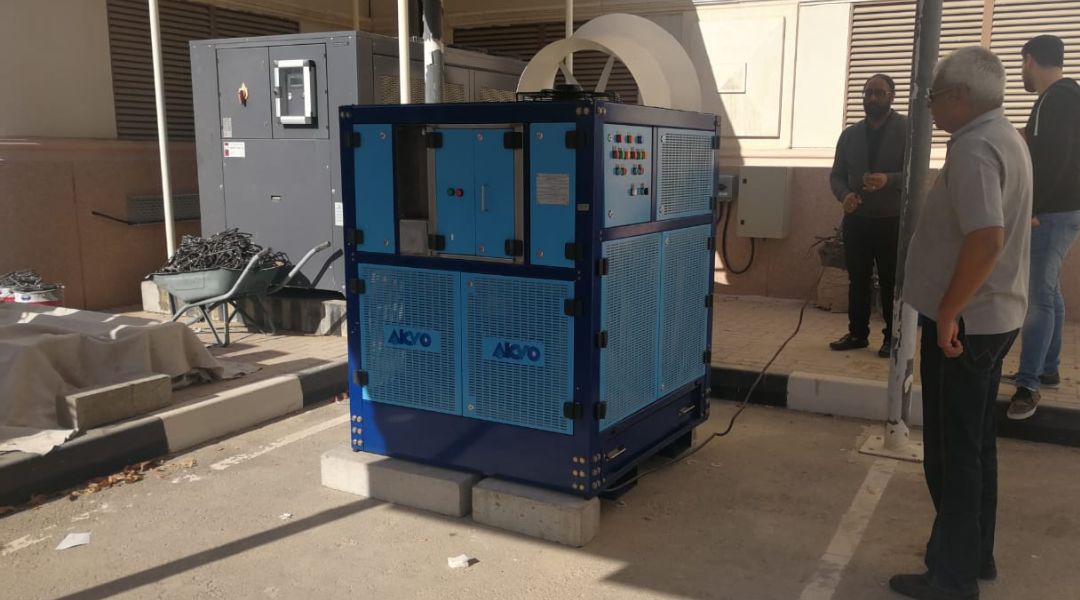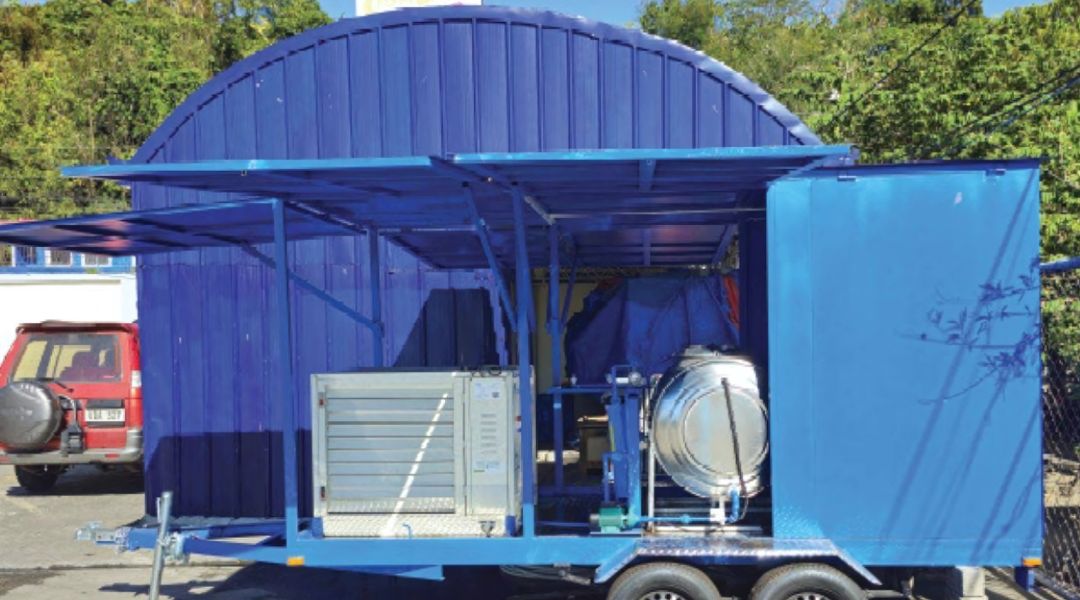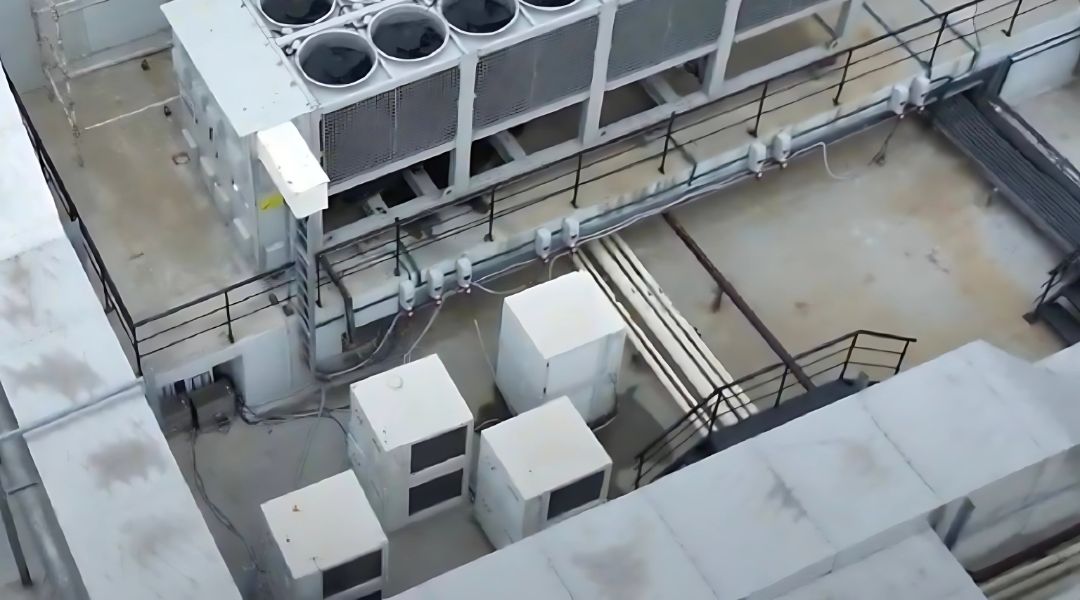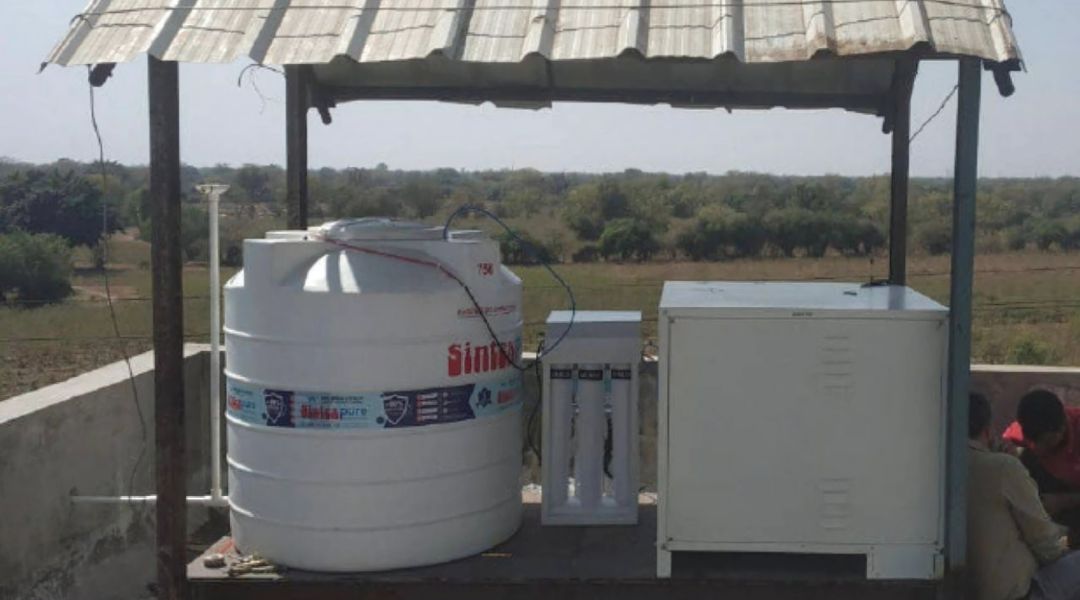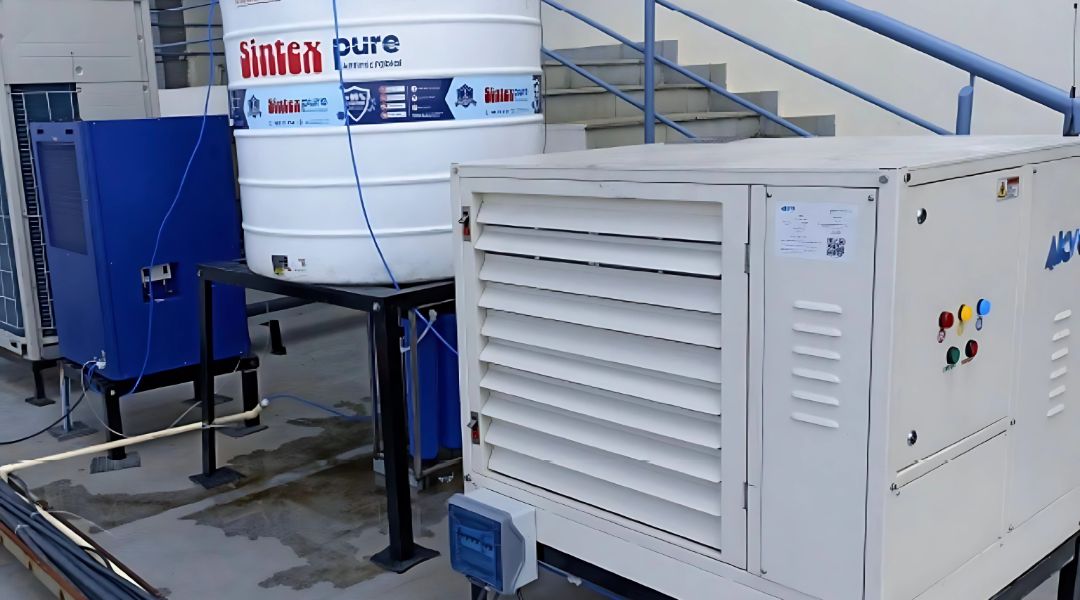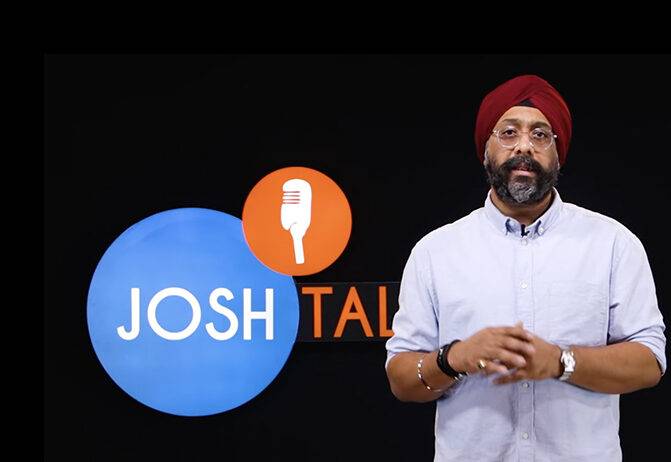Air-to-Water Tech: A Sustainable Solution to Global Water Scarcity
Water scarcity affects billions globally, demanding innovative solutions like Atmospheric Water Generation (AWG) technology. AWG extracts moisture from the air to produce clean water, offering a sustainable alternative to traditional water sources.
How It Works
AWG uses condensation to capture moisture, with integrated filtration ensuring safe drinking water. Advanced features like IoT and GSM enable real-time monitoring, while modular designs allow scalability for residential, industrial, and commercial needs. Systems can produce between 50 liters to over 100,000 liters per day, even in low-humidity, high-temperature conditions.
Key Applications
- Hospitality: Hotels and resorts use AWG to reduce bottled water and groundwater reliance.
- Disaster Relief: Provides safe drinking water in disaster-hit areas lacking traditional supply.
- Corporate Use: Companies meet ESG goals while cutting water costs.
- Communities: Schools and centers supply drinking water while promoting conservation.
Addressing Challenges
Energy efficiency and low awareness remain hurdles. Integrating renewable energy and demonstration projects can boost adoption. Collaborative models ensure community involvement and localized solutions.
Conclusion
AWG technology offers a sustainable path to clean water, reducing reliance on traditional sources while addressing global water scarcity. It’s not just a solution for today but a vision for a sustainable future.
*This article is based on insights shared by Navkaran Singh Bagga, CEO & Founder of Akvo. Read the full article on the original publication here.



